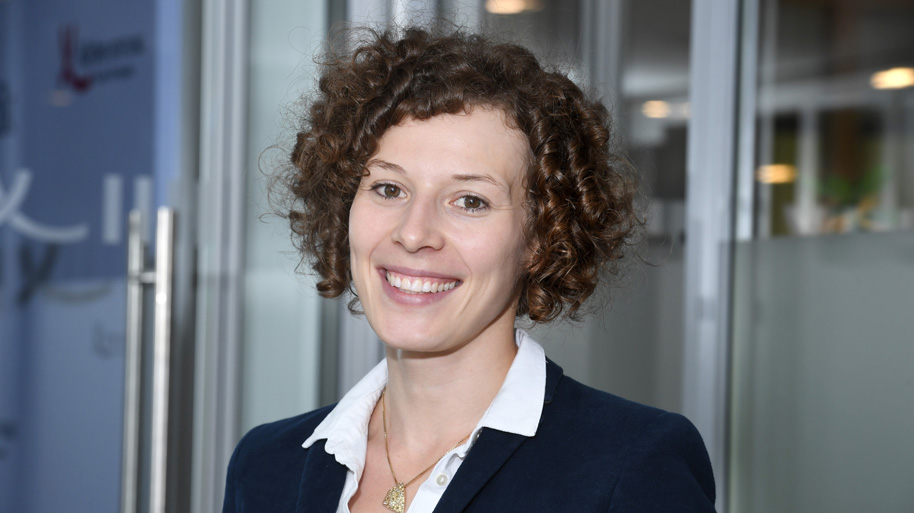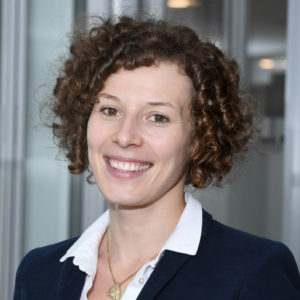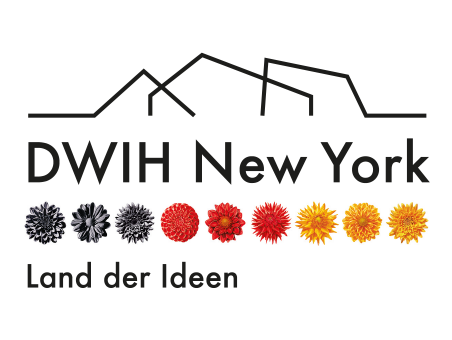Interview with Sina Leipold
 © David Ausserhofer
© David Ausserhofer
Dr. Sina Leipold is a junior professor at Freiburg University and Chair of Societal Transition & Circular Economy. Her research on the potential pathways of a circular economy in Europe and beyond has taken her to the University of Economics & Business Vienna, the University of Technology Sydney and Yale. In an interview with us, she discusses the flaws in recycling research, whether industry responds more to consumers or regulation and more.
DWIH: Hi, Dr. Leipold! Thanks for taking time to chat with us. Let’s get started. Our first newsletter in 2020 focuses on the circular economy, and it is because of your research on this topic that we found you. Could you please describe your research and academic interests to us?
Leipold: In the face of dwindling global resources, policy makers, industry and scientists have suggested organizing economic activity as a “circular economy”. Inspired by natural cycles and ideas of industrial ecology, the circular economy promises greater resource productivity as well as waste and emissions reduction. The specific socio-economic consequences of implementing this concept on a national or even international scale, however, remain largely unknown. My research group and I develop a comprehensive understanding of the emergence and potential pathways of a circular economy in Europe and beyond, and assess the environmental impacts of specific policy and business initiatives.
DWIH: You have stated that some of the goals of a circular economy—for society, the economy and the environment—contradict each other. Why do you think a definition of the goals of the circular economy is important and how would you define them?
Leipold: According to most scientific publications and political programs, the primary goal of the transition to a circular economy is to decrease resource extraction and waste creation and, ultimately, lower the pressure of human (economic) activities on the environment. This goal sometimes gets lost when the broad concept of a circular economy is translated into activities. For instance, in Europe and Germany, indicators for recycling only measure how much of the material waste is collected and then recycled – the efficiency of the system. They do not measure whether an increase in recycling actually delivers the promise of decreased virgin production – the effectiveness of the system. As many scientific studies have shown, efficiency gains are often eaten away by increases in consumption – the rebound effect.
DWIH: How would you describe the relationship between a CE and the bioeconomy?
Leipold: My colleague Anna Petit-Boix and I show for the EU that stakeholders who see themselves as part of the bioeconomy often view both concepts as intricately linked. At the same time, some stakeholders also see them as antagonistic, arguing that the bioeconomy is fundamentally based on continuous resource extraction whereas the circular economy aims to decrease extraction.

"Production and retail sectors often react in a much stronger and more widespread manner to new regulations than to voluntary commitments or consumer pressure."Dr. Sina Leipold
DWIH: Will moving toward a circular economy require changes in consumer behavior and society? Are those happening?
Leipold: It will. Yet, these will not happen on their own. Many years of research and action on voluntary and consumption-based behavior change show that this tool has very limited effects. Instead, research has shown that consumers make the “right” choices when these are the most attractive. Several studies also show that production and retail sectors often react in a much stronger and more widespread manner to new regulations than to voluntary commitments or consumer pressure.
DWIH: In 2018 and in 2012 you conducted research in the U.S. at the Yale School of Forestry & Environmental Studies. Based on your time here and knowledge, do you identify similar approaches towards the implementation of a CE between Europe and the U.S.?
Leipold: The discussion is very nascent in the US. Considering current political developments related to climate change and other environmental topics in the US, I expect that the concepts of a circular economy and a bioeconomy will not be among the top political priorities.
DWIH: Thanks for chatting and for sharing your important work with us. Hopefully we’ll see you at our second annual Future Forum: Cities and Climate in Chicago in fall. Cheers!
